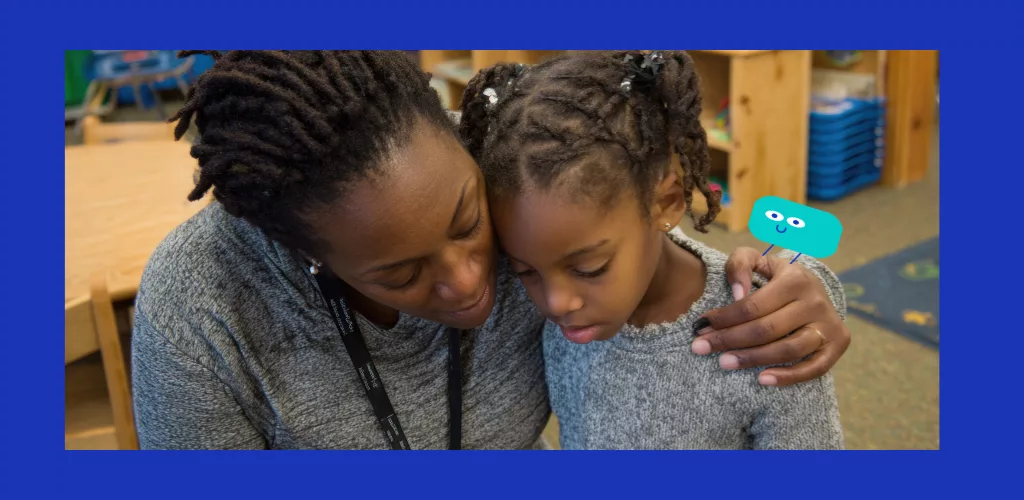4 simple steps to get kids writing again
Children's writing: a declining standard?
Writing is an essential pillar of learning. Yet a recent study bythe Fondation Jean Jaurès reveals a worrying decline in pupils' spelling and written expression skills. In 1987, 33% of CM2 pupils made more than 15 mistakes in a dictation of 67 words. Today, this figure exceeds 90%.
How can we explain this decline in young people's writing skills? Is it inevitable in the face of new technologies? And above all, how can we help our children to progress while rediscovering the pleasure of writing?
Why do children write less well today?
The impact of digital technology on writing
Digital tools such as smartphones, tablets and computers have transformed the way we write. Children now write more often on screen than on paper. This has several effects:
-
A decline in handwritten practices
-
Increased reliance on automatic correctors
-
Fast writing, often less thoughtful
So, while these technologies facilitate communication, they reduce the attention paid to spelling, grammar and the structuring of ideas.
A poorer vocabulary
The use of social networks and instant messaging encourages a simplified language, made up of short sentences, abbreviations and emojis. This evolution has a direct impact on vocabulary richness and grammatical complexity:
-
Fewer varied words
-
Fewer complex sentence structures
-
Less used to formulating nuanced ideas
As a result, it becomes more difficult for the child to develop the structured written reasoning that is essential for academic success.
Reduced exposure to reading
Reading and writing are closely linked. A child who reads little enriches his vocabulary less and has difficulty assimilating grammatical rules. Yet today's young people spend more time in front of screens than in books.
According to a survey by the Centre National du Livre (2024):
-
One in three 16-19 year-olds don't read at all outside school
-
Young people spend an average of 10 times more time on screens than on books
-
When they do read, they mostly turn to comics and manga.
These practices have a direct influence on the quality of children's writing.
How do you get kids excited about writing again?
Fortunately, there are simple, fun solutions to help children get to grips with writing.
1. Make writing a game
To progress, the child must first enjoy it. Creative activities allow them to learn without pressure:
-
Collaborative stories: each family member adds a sentence to a story
-
Writing challenge: write a short text using set words.
-
Travel or dream diaries: recounting personal experiences
These exercises stimulate the imagination and play down the act of writing.
2. Encourage handwriting
Even if digital technology has become part of our daily lives, writing by hand remains fundamental. Studies show that handwriting improves memory, concentration and comprehension.
To test :
-
Writing a letter to a loved one
-
Keeping a diary
-
Sending a postcard after a trip
These rituals reinforce writing automatisms, without school constraints.
3. Encourage reading in all its forms
More reading means better writing. The more children are exposed to a variety of texts, the more naturally they integrate vocabulary and grammatical structures.
Here are a few ideas:
-
Offer books adapted to their interests: comics, manga, graphic novels...
-
Reading aloud as a family
-
Let him choose his own reading material
In this way, reading becomes a shared pleasure rather than an obligation.
4. Valuing progress, not just correcting mistakes
Systematic correction can be discouraging. It is more effective to :
-
Highlight what's well written
-
Let the child reread on his own at first
-
Explain mistakes with kindness
Writing is a continuous learning process. Every little bit of progress deserves to be celebrated.
The "Petits Molières" initiative: writing to imagine tomorrow's world
The Petits Molières competition, launched by the Plume application, encourages children to unleash their creativity through writing.
👉 2024 theme: "Remaking the world".
Participants are invited to imagine an ideal future, through a personal story or fiction. This project develops :
-
Critical thinking and organizing ideas
-
The pleasure of writing in a positive environment
-
Self-confidence through written expression
A fine example of what writing can offer, beyond the rules of grammar!
Conclusion: making writing an everyday ally
Yes, children's writing skills seem to be declining. But it doesn't have to be that way. With the right tools, regular reading and an encouraging environment, it's entirely possible to reverse the trend.
The aim shouldn't just be "zero mistakes", but to make writing a means of expression, pleasure and communication.
How about writing a story together at home today?
The Soft Kids team 🌈
To find out more about learning to write and discover concrete tools, listen to the full episode of the Generation Parents podcast or watch it on our Youtube channel.




0 comments